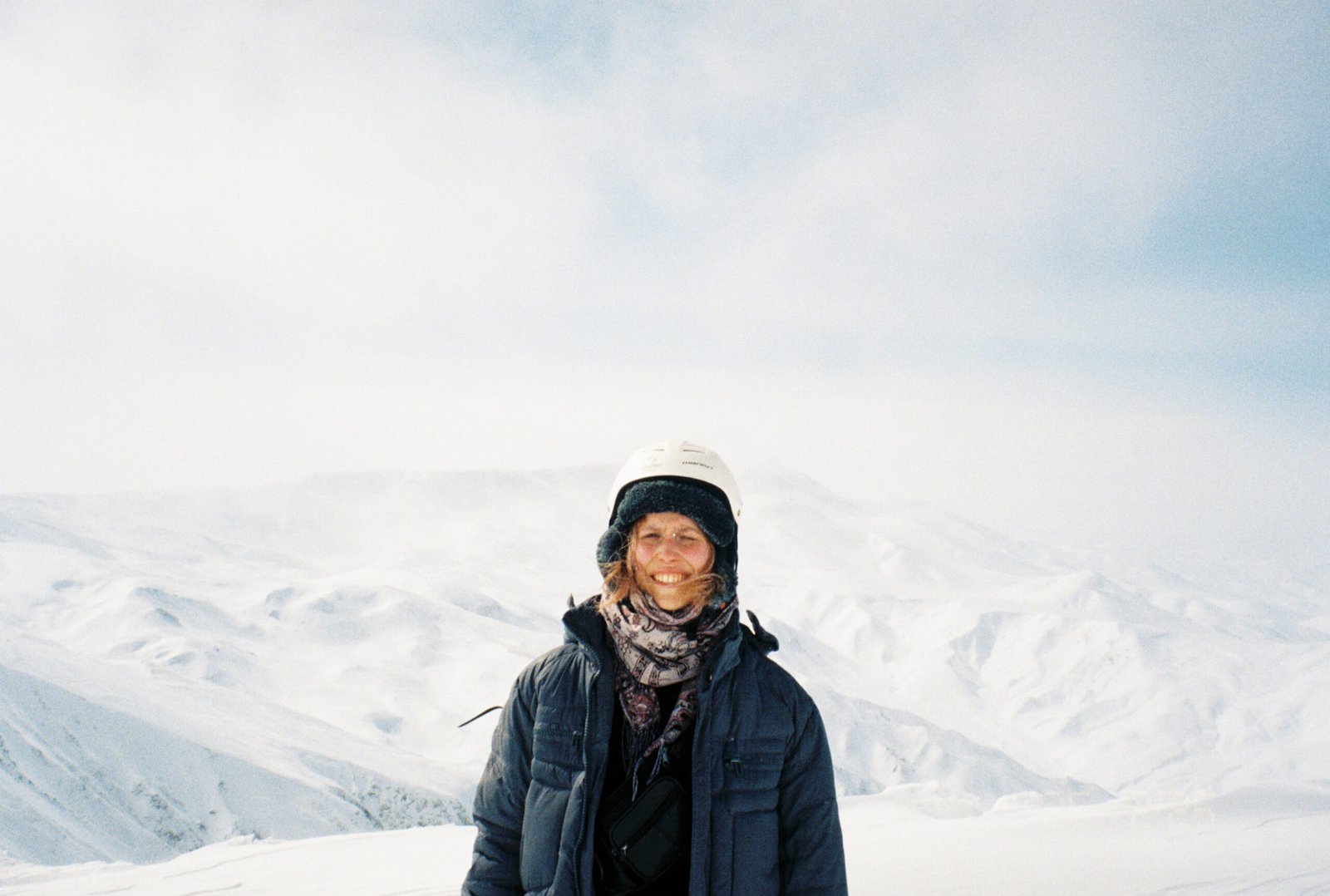Packing your bags and heading off to volunteer in a completely new country can feel… well, a little terrifying. New culture, new people, new everything – it’s totally normal to feel nervous (we’ve all been there, trust us!). But here’s the thing: you’re definitely not alone in this adventure.
Many of our volunteers once stood exactly where you are now – wondering if they could do it, feeling the butterflies, and maybe overthinking their packing list. And you know what? Every single one of them came back with incredible stories, new friends from around the world, and memories that still make them smile years later.
So take a deep breath, get inspired, and read the real-life stories of people who took that brave first step. Who knows? Their adventures might just be the push you need to start your own unforgettable journey abroad!


